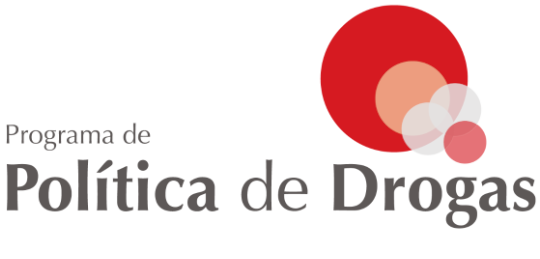Flying Under the Radar: How Frames Influence Public Officials’ Perceptions of Corruption
Abstract
The study of the forces that lead citizens and public officials to tolerate corruption has attracted scholarly attention for decades. We seek to contribute to this literature by arguing that -since corruption is an interpersonal process- public officials’ perceptions of and dispositions toward it are influenced by how it is framed. To test this claim, we conduct an original experiment on a representative sample of civil servants working in a large urban municipal government in Mexico. We find that, even when evaluating clear examples of corruption, public officials are more likely to tolerate the illegal disregard for the bureaucratic procedure when it is framed not as a monetary exchange but as a way in which resources can be redistributed, institutions can be made more flexible, and organizations can be made more efficacious.
Descarga el archivo aquí
Enlace directo aquí
Más Vistos
- La metanfetamina y el CJNG. Análisis de una reconfiguración del mercado de...
- The “War on Drugs” in Mexico: (Official) Database of Events between December...
- Deadly force and denial: the military's legacy in Mexico's ‘war on drugs’
- Age-specific rates of onset of cannabis use in Mexico
- Fragmentation and cooperation: the evolution of organized crime in Mexico
Más Recientes
- The Connection Between Drug-Related Detentions and Drug-Related Violence:...
- “Resulta aberrante su actuar”: Mujeres acusadas de delincuencia organizada
- Where there is smoke, there is fire? Making sense of the past failure and future...
- Civil Society Organizations and Harm Reduction Policy: The Mexican Case
- How frequent and visible criminal violence affects housing prices: evidence from...

